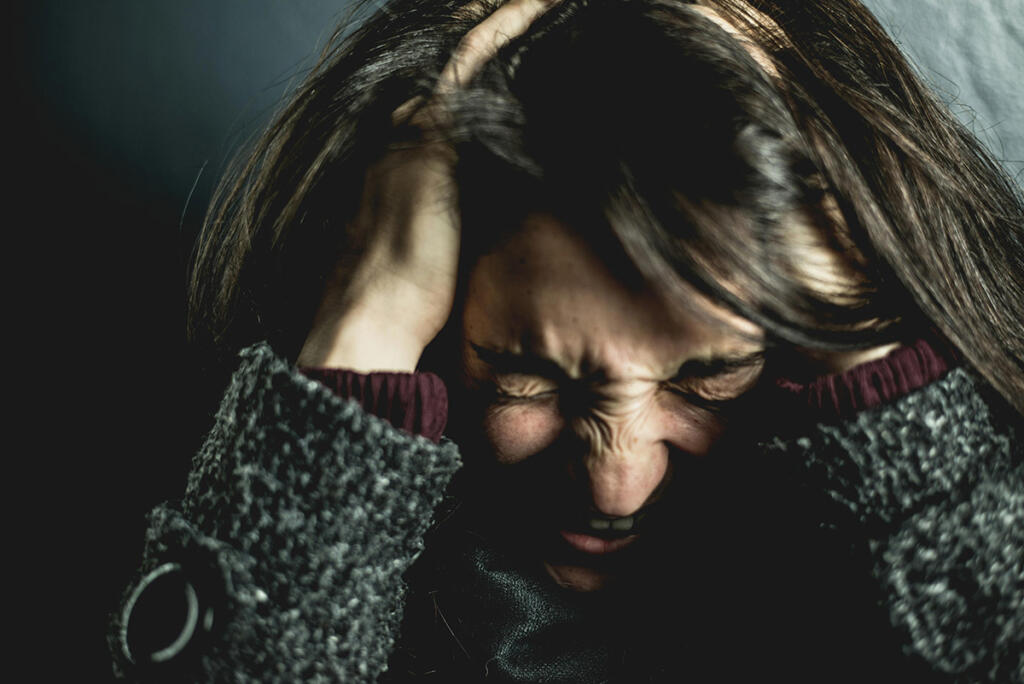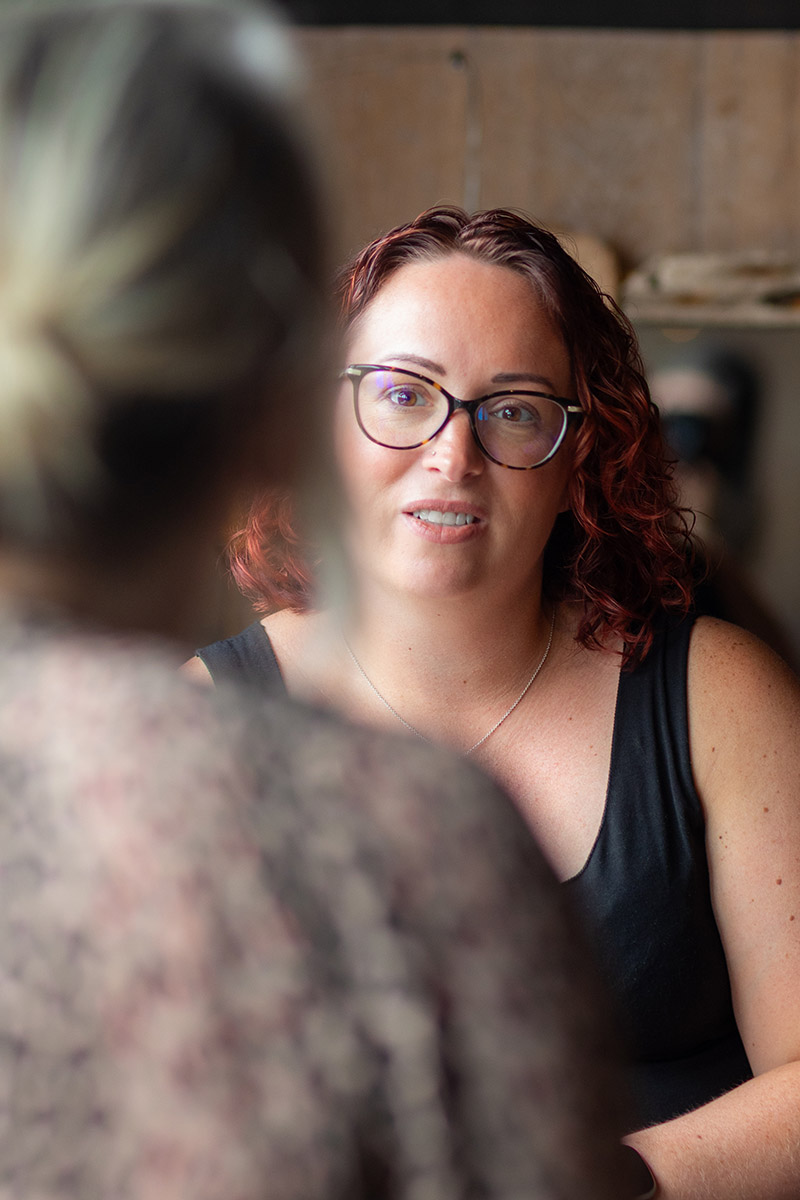The Fiery Emotion
Today I’m going to dig into a topic that comes up a lot with my clients – anger. Anger is that fiery emotion: it can make your blood boil, your heart race and your fists clench. But is it really something we should try and avoid? Is feeling anger a bad thing, or somehow unacceptable? In short, no! I spend a lot of time talking to people about anger as a normal, acceptable and perfectly healthy emotion. In fact, it plays a crucial role in our lives and not expressing it can cause more problems!

Cultural Beliefs about Anger
In lots of cultures, particularly the British one, anger often gets a bad reputation, associated with aggression, fear and losing control. The ‘stiff upper lip’ mentality still affects many people today and in engrained within our culture, encouraging us to grin and bear it rather than openly express our anger, frustration or even fury.
Now I’m not saying that it’s OK to go around raging like the metaphorical bull in a china shop, but I do want to explore the idea that learning to express anger appropriately and developing the associated emotional literacy to define the grades of anger (mildly annoyed to absolutely raging for example), is really important. Suppressing anger might seem like the ‘polite’ thing to do, but it can lead to a host of problems, both physical and mental.
Why do I get angry?
Believe it or not, anger serves a purpose. It’s a natural response to perceived threats or injustices, triggering our fight-or-flight instincts. When harnessed correctly, anger can motivate us to address problems head-on, set boundaries, and advocate for ourselves and others.
Empowered anger can allow us to express our anger at people who have hurt us or caused pain in our past. By acknowledging the pain caused, we are true to ourselves and don’t push down a very natural response. This doesn’t mean that we have to confront people who have wronged us but by voicing our emotional response to a trusted person, we are more able to come to terms with it and move past our denial.
Righteous anger is also hugely important in our society, particularly when we are faced with the atrocities which are in our world today. Righteous anger is the kind that emerges in response to injustice or wrongdoing. Picture this: you witness something morally unacceptable, and a surge of anger rises within you. This is a powerful force that has fuelled social movements and political change throughout history. Think about figures such as Emmeline Pankhurst, Nelson Mandela, or more recently Marcus Rashford in his campaign to end holiday hunger for children in poverty.
Don’t let me fool you into think that righteous anger only has a place for figureheads. We all have things we feel passionate about wanting to change. Think about how you can use your own righteous anger.
How can I express anger appropriately?
Of course, the key is expressing anger in a constructive manner. Instead of succumbing to a heated argument or a fit of rage, consider using your anger as a tool for communication and speaking up for others. Share your concerns, stand up against injustice, and channel that energy into making a positive impact.
- Acknowledge your anger – the first step to dealing with anger is acknowledging that you’re feeling angry about something (or towards someone). Don’t try and suppress your anger or pretend you’re not feeling it.
- Express your anger in healthy ways – there are many ways to do this: creativity such as drawing or writing song lyrics, journaling about what’s going on for you, or having an honest conversation with someone your trust about your feelings. This could be a professional such as a coach or a therapist, but it could also be a friend or colleague.
- Avoid unhealthy ways to express anger – such as yelling, hitting or destroying things.
- Take some time to cool down – if you’re feeling overwhelmed get some space to clear your head so you don’t say something you might later regret. Go for a walk, listen to some calming music or something else that helps you to relax.
- Think about your own healthy habits which help you manage in times of stress – hitting the gym, walking the dog, creative expression, listening to music, dancing in your kitchen. These activities allow you to release pent-up energy in a constructive way, allowing you to protect your wellbeing, and reflect on the impact on you.

Embracing Anger
So, let’s challenge the notion that anger is always a destructive force. Embrace the flames within you and recognise the power of righteous anger and the importance of learning how to appropriately express anger. Teach your children that anger is OK, and sometimes show your frustrations and model ways to cope. It’s not about losing control; it’s about channelling that fire into positive action.
If you’re worried about anger, don’t have a safe place to talk about it, or if you want to learn more about how to express anger somewhere safe, then please get in touch to see if coaching or therapy could help.
